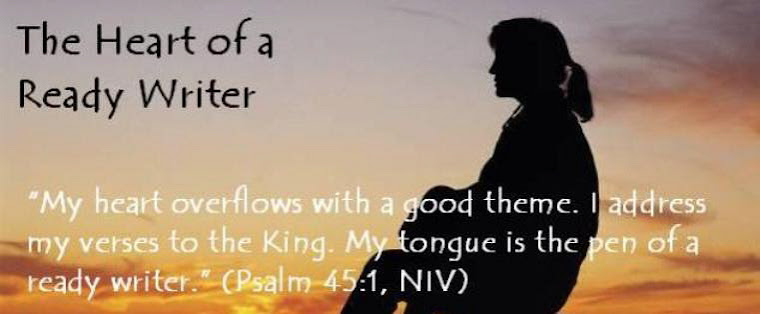Kindle Countdown Deals
Sunday
September 6th - Unintentional Iniquities
September 5th -Common or Consecrated?
And what about the apparel worn by those in the choir – or the congregation at large?
Wednesday
September 4th - Untethered Trust
Untethered Trust
(Daniel 3:1-30)

By Simeon Solomon
1863
Around 584 B.C., famous King Nebuchadnezzar ordered the creation of a giant idol, dedicated to his own honor and to his pagan gods. King Nebuchadnezzar ordered everyone to bow and worship the image.
Three faithful fellows refused.
The story is one of the most familiar of all Bible accounts. Shadrach, Meshach and Abednego respectfully answered the king, claiming that God could rescue them from King Nebuchadnezzar’s fiery furnace. Their testimony is telling.
“Shadrach, Meshach and Abednego
replied to the king,
‘O Nebuchadnezzar,
we do not need to defend ourselves
before you in this matter.
If we are thrown into the blazing furnace,
the God we serve is able to save us from it,
and He will rescue us from your hand,
O king.
But even if He does not,
we want you to know, O king,
that we will not serve your gods
or worship the image of gold
you have set up.’”
(Daniel 3:16-18, NIV, emphasis added)
What faith!
Shadrach, Meshach and Abednego daringly declared their trust in the one Almighty God. They announced their dedication to Jehovah, no matter how the Lord chose to act. The Lord did intervene in a miraculous way, protecting the three men and delivering them unscorched from the fiery furnace.
But what if God had chosen martyrdom for Shadrach, Meshach and Abednego? They still trusted Him.
For what is God calling you to trust Him today?
Do you face illness, danger, financial worries or other concerns? Where is your own faith being tested?
Personally, I am living with a condition that the medical community calls chronic and probably progressive. I know that our great God, Jehovah Rapha, is able to heal me. If the Lord chooses to intervene miraculously, I will praise Him. If the Great Physician grants human doctors and medical researchers insight that leads to a cure for me and so many others, I will praise Him.
What if I am not healed – at least, not in this lifetime?
My life belongs to the Lord, the Giver of all Life. He promises healing, although it may come when I receive my brand-new resurrection body. At that time, will I question His timing? Certainly not.
I have an inkling about this. Once I see the Lord’s face, I think all other concerns will quickly fall away.
Will we trust Him now?
Will you pray with me?
Jehovah,
You are God.
Your timing is perfect,
Even as You are perfect.
You know our needs.
You know our hurts.
You know what causes us the greatest concern
And what disturbs our rest.
We lay our worries
At your holy feet.
For Your loving answer
In Your time.
May we glorify You
As You answer our pleas.
Amen.




